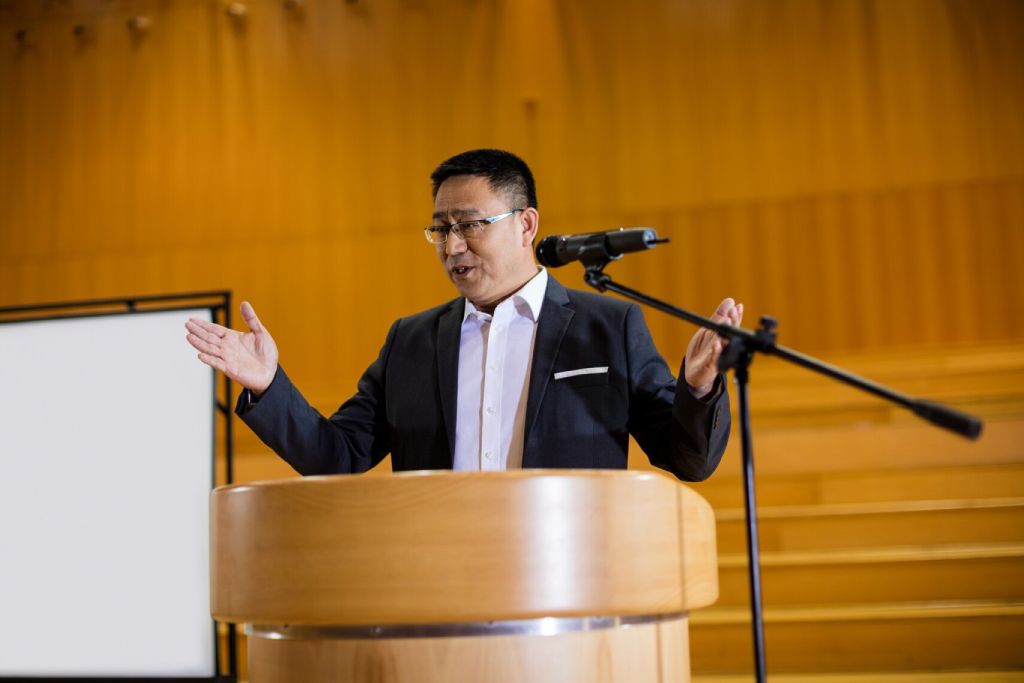In the dynamic landscape of academia, few disciplines hold the transformative power to reshape perspectives and influence societal change in Political Science. This blog post explores the profound impact of a Bachelor of Arts (B.A.) in Political Science, delving into its foundational components, the evolution of critical thinking skills, and the diverse career trajectories it unlocks.
Foundations of Political Science Programs
Political Science programs are the crucibles where future policymakers, analysts, and change-makers are forged. By delving into political theories, comparative politics, and sociological and economic perspectives, students gain a robust understanding of the intricate web that shapes political landscapes. These foundational components form the bedrock upon which critical thinking skills are cultivated.
Critical Thinking Evolution
At the heart of a B.A. in Political Science lies the development of critical thinking skills. As students engage with political theories, analyze historical and contemporary issues, and construct well-reasoned arguments, they undergo a transformative journey. This evolution is not just an academic exercise but a profound shift in how individuals perceive and interact with the world around them.
Diverse Trajectories: Careers After a B.A. in Political Science
The versatility of a B.A. in Political Science is evident in the diverse career trajectories it opens. Graduates navigate complex legal landscapes, contribute to policy formulation in government and public administration, communicate political dynamics through journalism, apply analytical skills in corporate roles, and drive positive societal change in advocacy and nonprofit sectors.
Global Perspectives: International Relations and Diplomacy
Political Science education inherently incorporates global perspectives, preparing graduates for roles in international relations and diplomacy. By fostering a nuanced understanding of global issues, graduates contribute to international cooperation, fostering understanding on the world stage.
The intersection of Political Science and Public Policy
The intersection of Political Science and public policy is where theory meets real-world impact. Graduates adept in policy analysis play a pivotal role in influencing decision-making processes, ensuring more effective and equitable governance. The ability to shape policies for societal betterment becomes a hallmark of their impact.
Realizing Impact: Alumni Success Stories
 Profiles of Political Science graduates serve as inspiring narratives of real-world impact.
Profiles of Political Science graduates serve as inspiring narratives of real-world impact.
Transitioning from the classroom to influential roles, these alumni become beacons for current students, showcasing the tangible outcomes of their education and the potential for transformative careers.
Challenges and Growth Opportunities
While the journey in Political Science education is intellectually rewarding, it comes with challenges. Navigating complex political dynamics, engaging with diverse ideologies, and addressing societal inequalities are inherent challenges. Yet, these challenges become opportunities for growth and resilience, shaping individuals into adept navigators of complexity.
Digital Age Dynamics: Technology in Political Science Education
In the digital age, technology has become an indispensable tool in Political Science research. Digital tools assist graduates in conducting research, analyzing political trends, and staying updated on global developments. The evolving landscape of technology opens new avenues for exploration and understanding.
Conclusion
The transformative power of Political Science education extends beyond the classroom. It encourages continuous learning, challenges preconceived notions and fosters a deep-seated understanding of the world’s complexities. A B.A. in Political Science is not just a degree; it’s a compass that guides individuals toward reshaping perspectives and influencing positive change.
Additional Resources and Further Reading
To continue the exploration of Political Science, recommended resources, including books, journals, and online platforms, provide avenues for deeper insights and ongoing learning. The journey with a B.A. in Political Science becomes an enduring quest for knowledge and impact.
Frequently Asked Questions for Policy Pioneers: How a B.A. in Political Science Reshapes Perspectives
1. What is the significance of a B.A. in Political Science in shaping perspectives?
Answer: A B.A. in Political Science is significant as it equips individuals with a deep understanding of political dynamics, fostering the ability to analyze, interpret, and reshape perspectives on societal and global issues.
2. How do political theories contribute to the foundation of Political Science programs?
Answer: Political theories form the foundation of Political Science programs by providing students with frameworks to understand the structure and function of political systems, ideologies, and governance.
3. In what ways does a B.A. in Political Science cultivate critical thinking skills?
Answer: Critical thinking skills are cultivated through the analysis of political theories, examination of historical and contemporary issues, and the construction of well-reasoned arguments, fostering a nuanced approach to problem-solving.
4. What career paths are open to graduates with a B.A. in Political Science?
Answer: Graduates can pursue diverse careers, including legal professions, government and public administration roles, journalism, corporate positions, and advocacy and nonprofit sectors, showcasing the versatility of the degree.
5. How does Political Science education incorporate global perspectives?
Answer: Political Science programs inherently incorporate global perspectives by exploring international relations, preparing graduates to engage with the complexities of global issues and contribute to diplomatic efforts.
6. What is the intersection between Political Science and public policy?
Answer: The intersection involves leveraging political science knowledge for policy analysis, influencing decision-making processes, and actively contributing to effective governance for societal betterment.
7. Can a B.A. in Political Science lead to roles in international relations and diplomacy?
Answer: Yes, graduates with a B.A. in Political Science are well-prepared for roles in international relations and diplomacy, contributing to global cooperation and fostering understanding on the world stage.
8. How do alumni with Political Science degrees make a real-world impact?
Answer: Alumni make an impact by transitioning into influential roles, showcasing the tangible outcomes of their education. They become advocates for positive change, embodying the transformative potential of a Political Science degree.
9. What challenges do Political Science students face, and how do they grow from them?
Answer: Challenges include navigating complex political dynamics and engaging with diverse ideologies. These challenges become opportunities for growth, resilience, and the development of adept navigators of complexity.
10. How does technology play a role in Political Science research and education?
Answer: In the digital age, technology is integral to Political Science, aiding research, analyzing political trends, and staying updated on global developments. It opens new avenues for exploration and understanding.
11. What sets Political Science apart as a compass for reshaping perspectives?
Answer: Political Science goes beyond being just a degree; it serves as a compass guiding individuals to challenge preconceived notions, foster continuous learning, and actively contribute to reshaping societal perspectives.
12. Can a B.A. in Political Science be pursued by individuals with diverse interests?
Answer: Absolutely. Political Science accommodates diverse interests by offering a broad spectrum of topics, enabling students to tailor their education to align with their specific passions and career goals.
13. How does Political Science education address societal inequalities and justice issues?
Answer: Political Science education addresses societal inequalities by providing a platform for critical discussions on justice, human rights, and political structures, fostering a commitment to creating more equitable societies.
14. Is a B.A. in Political Science relevant in today’s rapidly changing world?
Answer: Yes, the adaptability and critical thinking skills cultivated in Political Science programs make graduates highly relevant in navigating and contributing to the complexities of today’s rapidly changing world.
15. How can individuals continue their exploration of Political Science beyond their academic journey?
Answer: Recommended resources, including books, journals, and online platforms, provide avenues for further exploration, ensuring that the journey with a B.A. in Political Science is an enduring quest for knowledge and impact.



